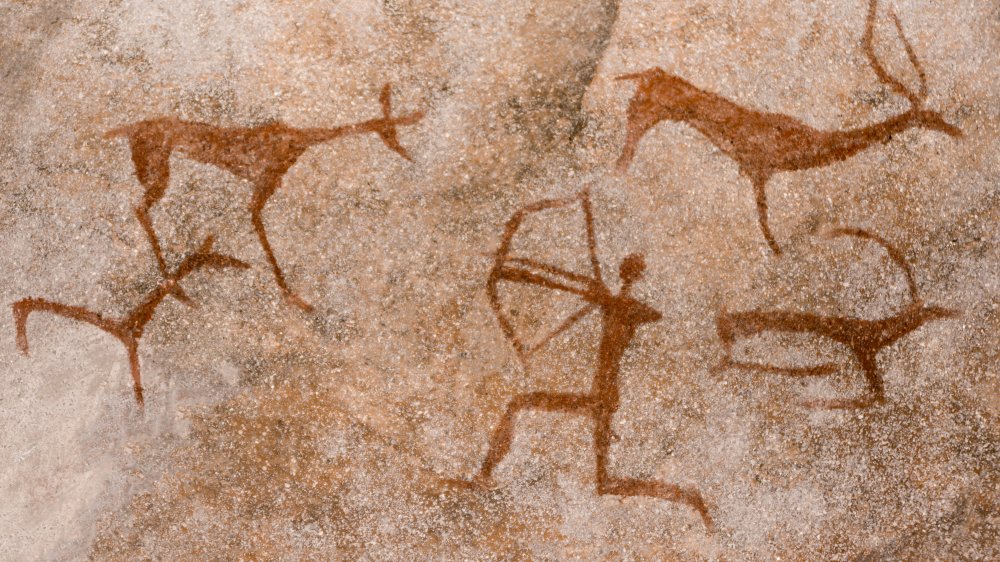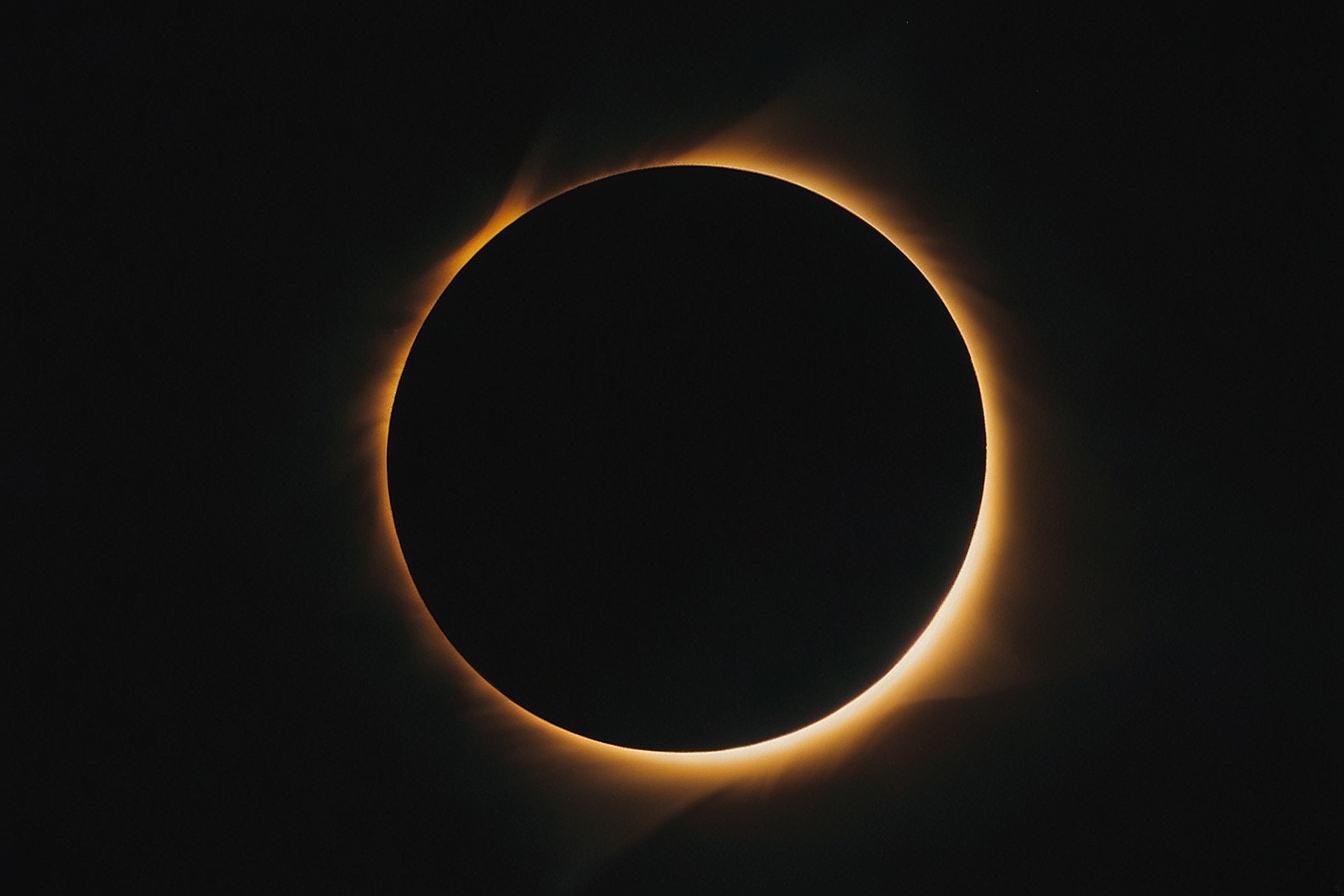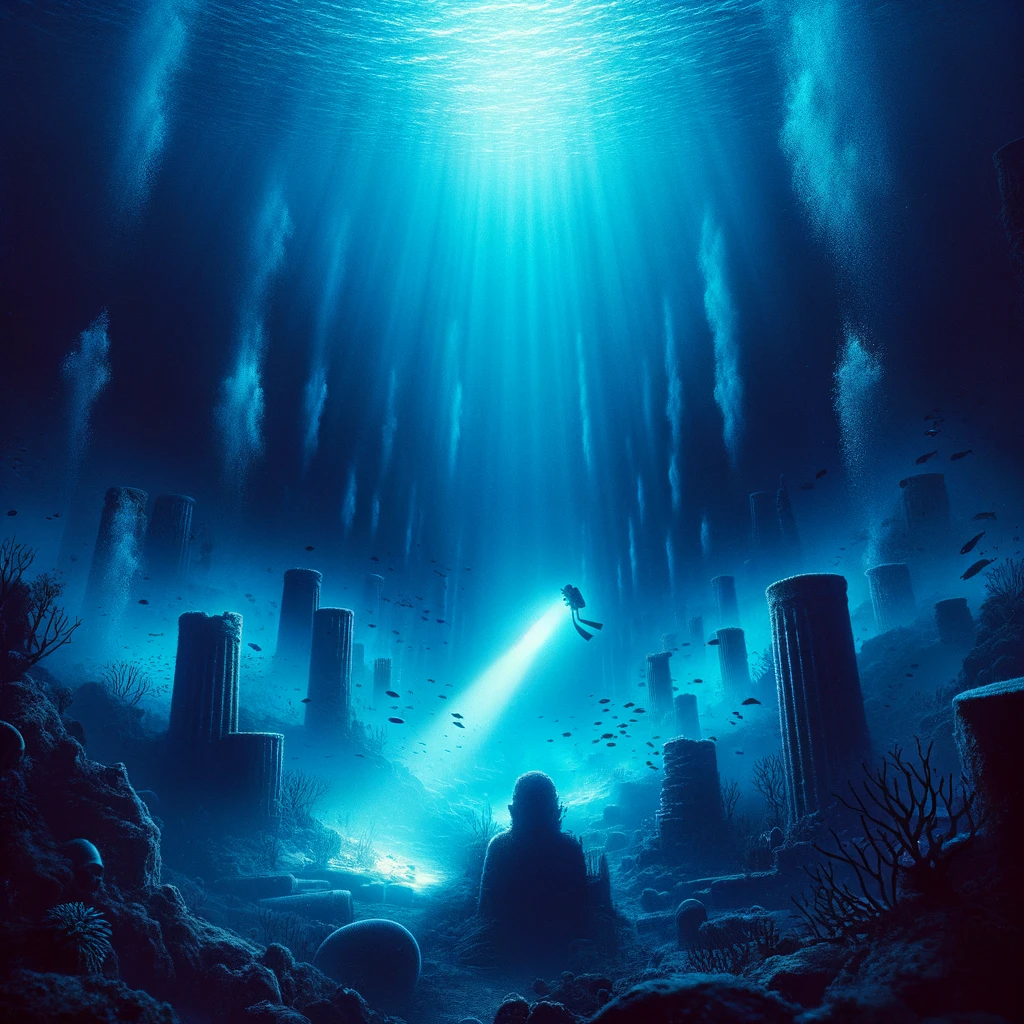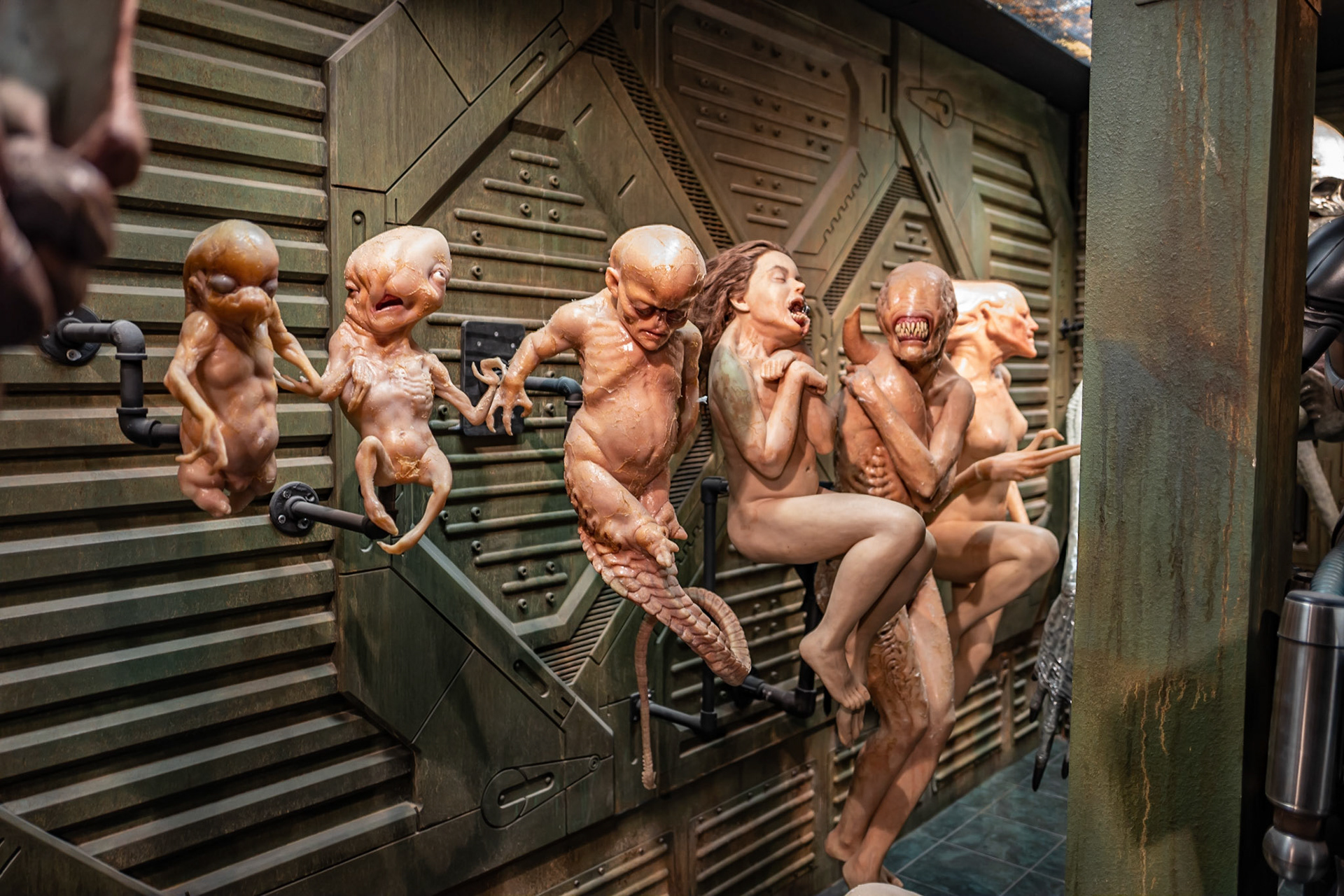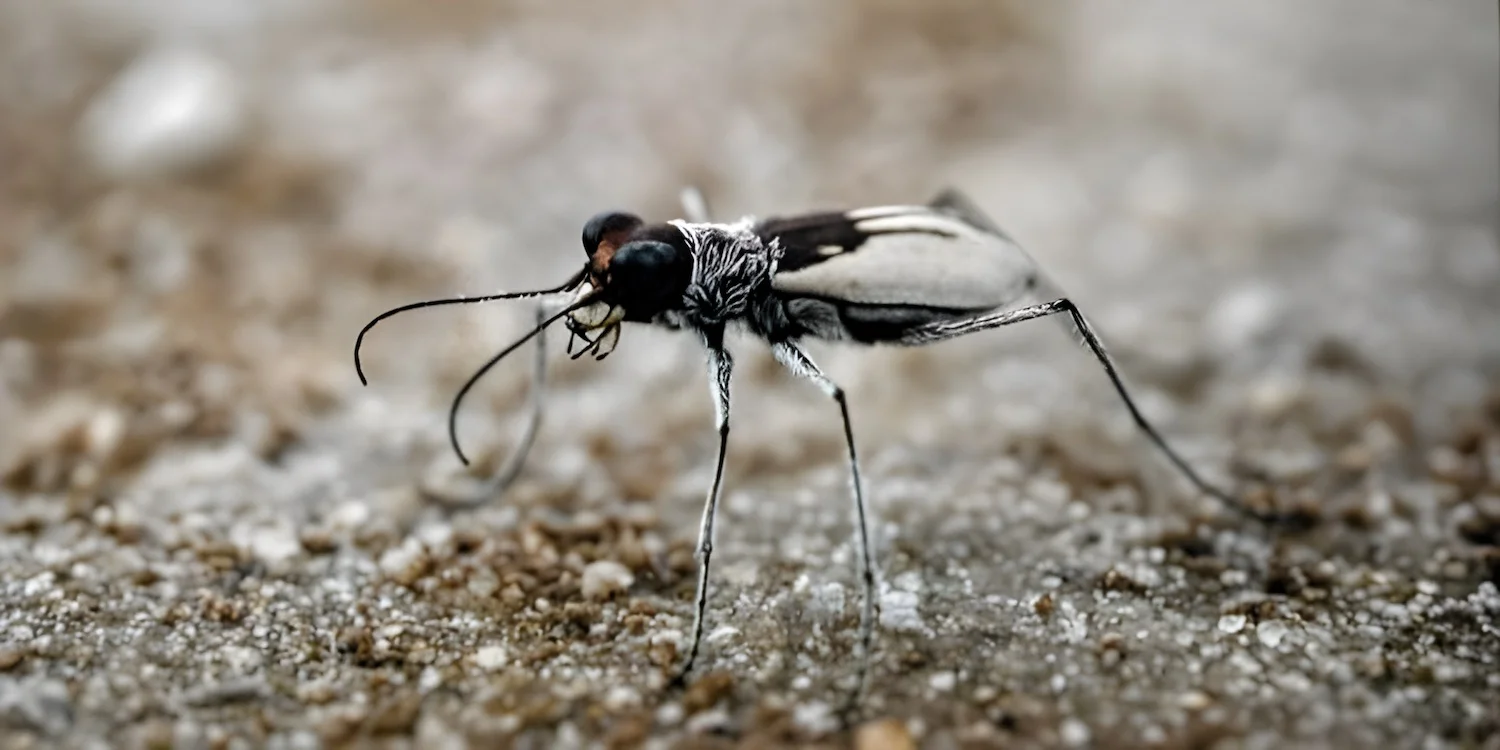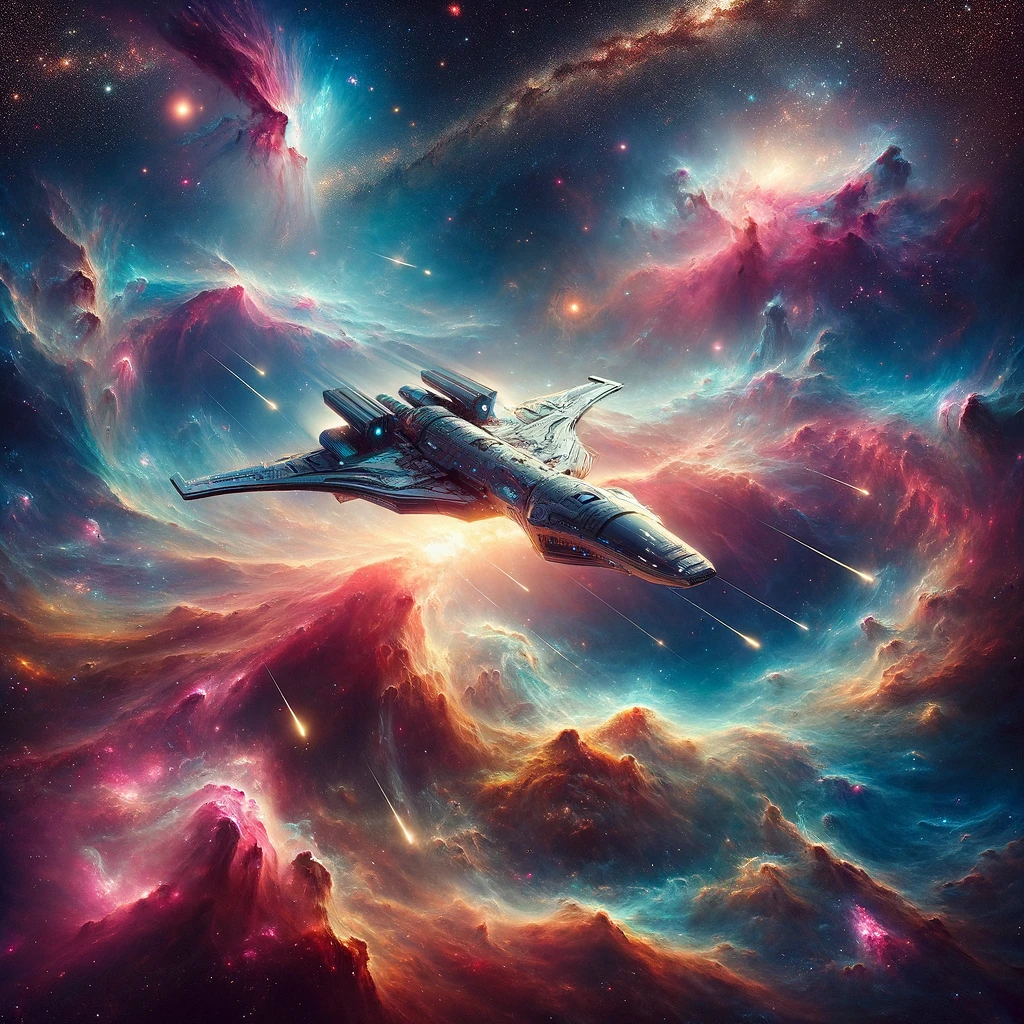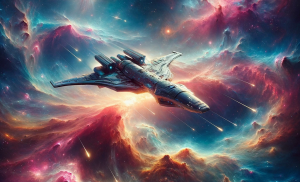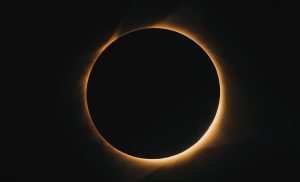13 Discoveries That Will Surprise You About Outer Space
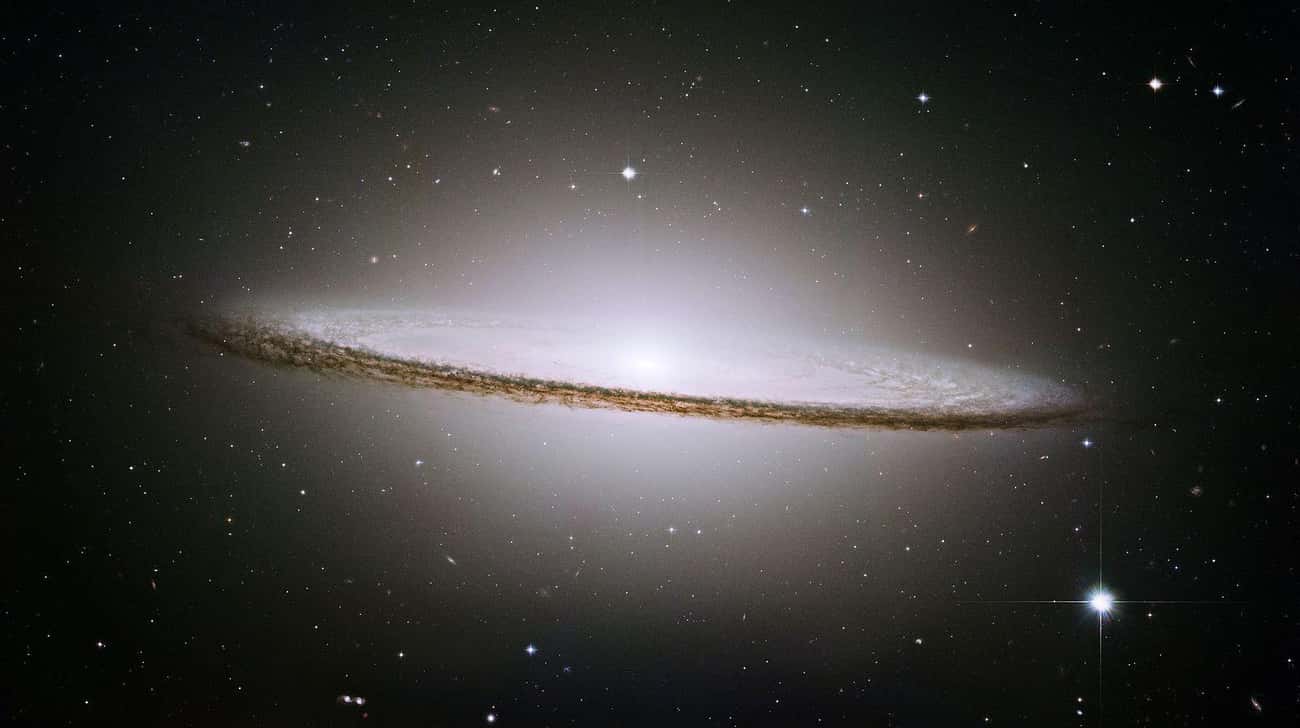
Get ready for some mind-blowing space facts! Space is kind of like a scary movie: it’s dark and not very friendly for life. In simple terms, space is full of strange things. If you’re into getting intrigued, just gaze at the night sky and ponder the Earth’s size compared to the rest of the galaxy, or check out this list of seriously creepy space stuff. Among all the unsettling things about space, these might be the most unnerving. Ready to be intrigued?
To survive in space for a year, astronauts need to consume 730 liters of recycled sweat and urine.
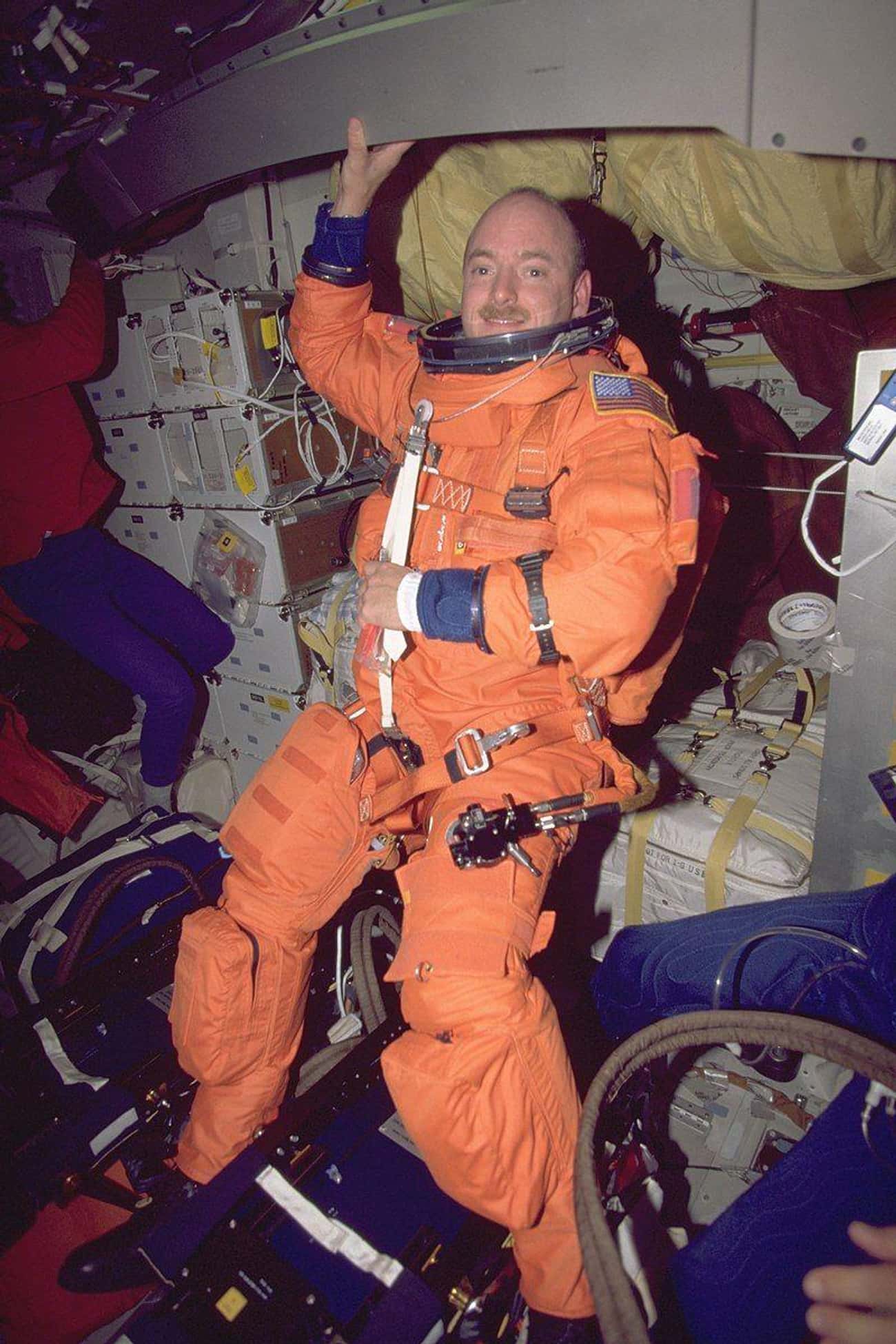
Surviving in space for a whole year is tough. Imagine, astronauts have to drink 730 liters of recycled sweat and pee to stay hydrated! It might sound weird, but in space, every drop counts. This shows how smart astronauts are, using everything they can to make sure they have enough water to stay healthy. It’s also a big deal because it means we’re getting better at planning space trips and using resources wisely, which is super important for future missions to places where water is hard to find.
In space, water is a scarce resource, leading astronauts to recycle their own waste. NASA astronaut Scott Kelly, during his yearlong mission, relied on approximately 730 liters of recycled urine and sweat for consumption.
Meteors have the potential to strike Earth without prior warning.
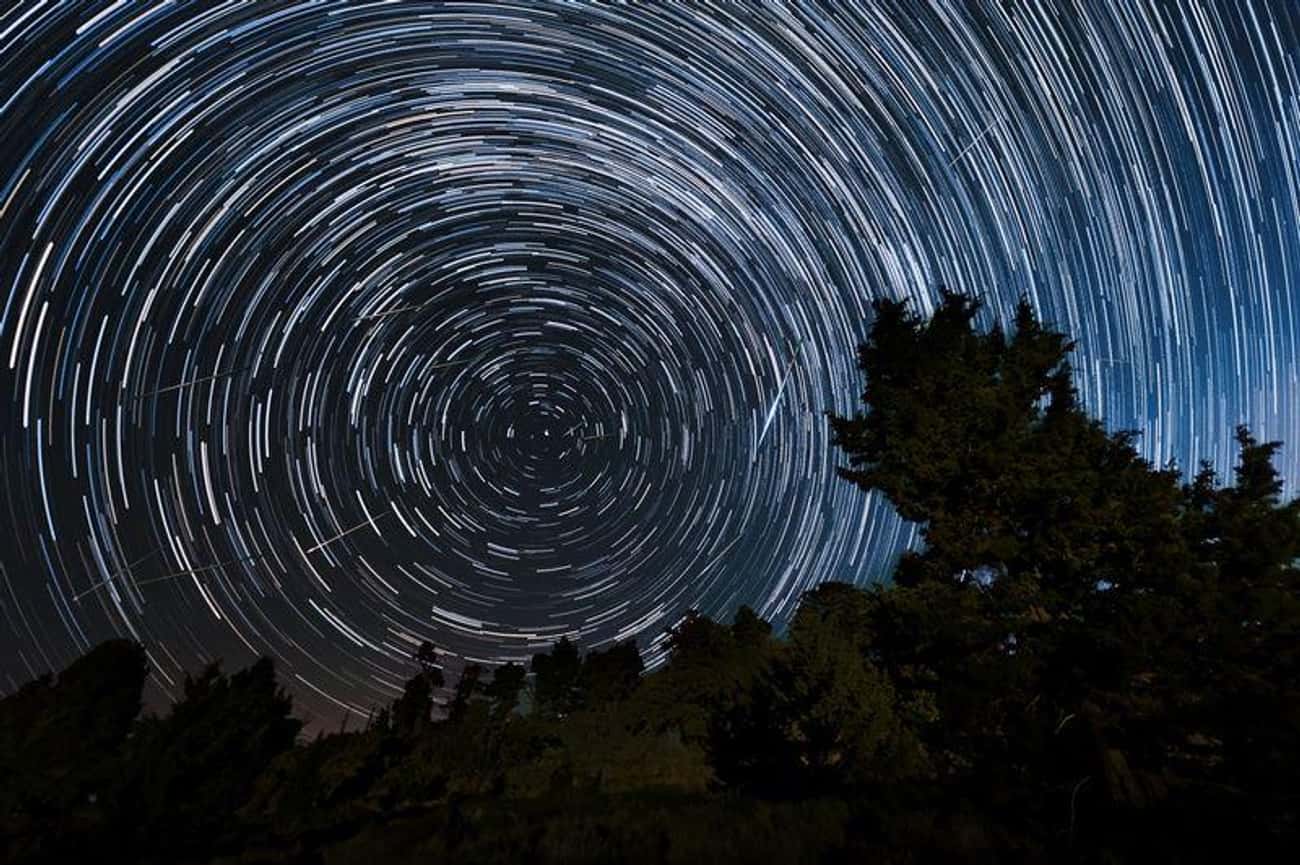
Meteors, those rocky bits flying around in space, can hit Earth suddenly and without any warning. It’s kind of scary to think about! These space rocks zoom through the sky and could crash down at any moment, causing damage and chaos. That’s why scientists are always watching the skies, trying to spot any meteors heading our way, so we can be ready if one decides to pay us an unexpected visit.
Back in 2013, something really crazy happened in the Russian area of Chelyabinsk. There was this big boom in the sky, and suddenly, pieces of rock were falling everywhere! It scared a lot of people and caused about 400 folks to get hurt, mostly because windows shattered from the loud explosion. People weren’t sure what was going on at first. Some thought it might be part of a bunch of rocks falling from space, what we call a meteor shower. Others thought it was just one big rock, a meteorite, crashing down all by itself. Either way, it was a pretty wild event that got a lot of folks talking!
Extended journeys in space can bring about changes in your DNA.
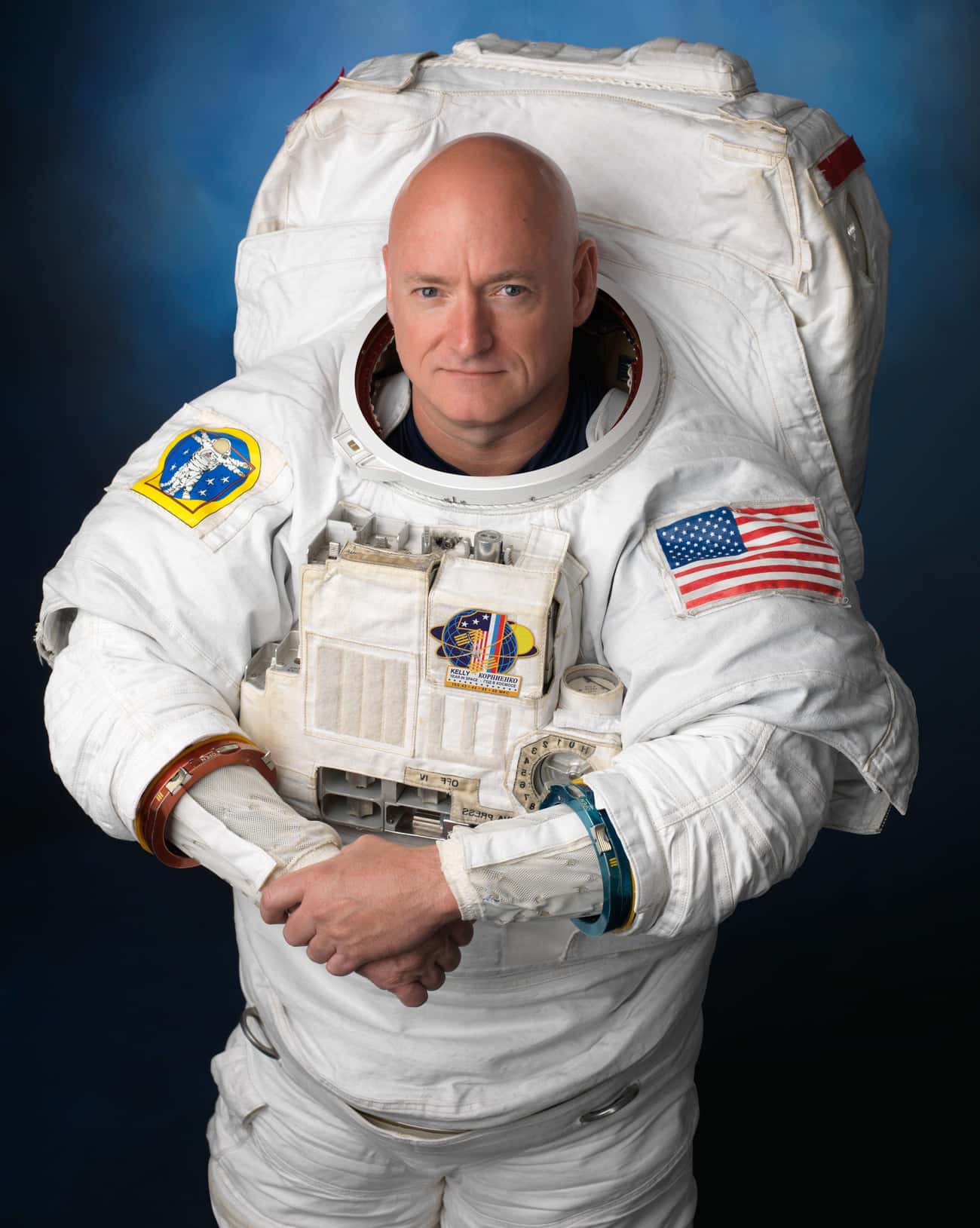
Upon returning from a year-long stint at the International Space Station in 2016, astronaut Scott Kelly discovered that he had grown two inches taller than his initial height. This physical discrepancy between Kelly and his identical twin brother, Mike, also an astronaut, raised eyebrows. Comparative analysis of their DNA revealed not only the height difference but also distinct gut bacteria in Kelly and altered gene expression.
Scientists attributed these changes to the “stresses of space travel, which can cause changes in a cell’s biological pathways.” While Kelly eventually reverted to his original height, other genetic alterations seemed irreversible, resulting in the brothers no longer being identical twins.
Billions of years from now, the universe might actually explode.
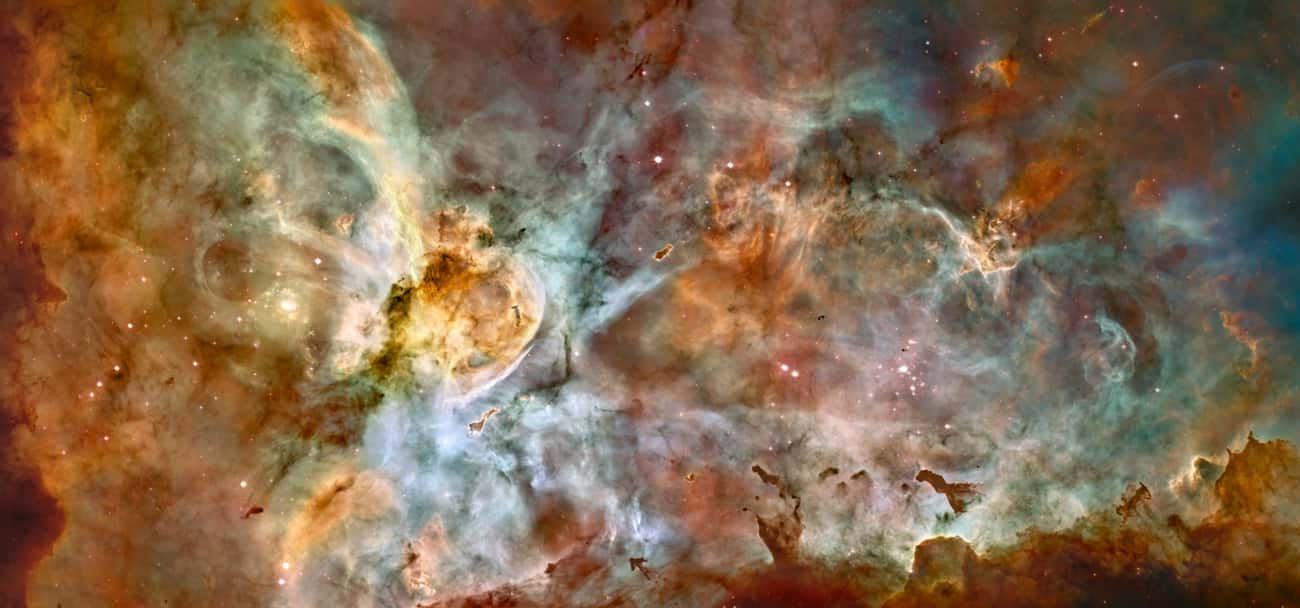
In billions of years from now, something really big might happen in the universe – it might explode! It sounds like something out of a movie, but scientists think it could really happen. This explosion, called the “Big Rip,” would be like the universe tearing itself apart. It’s a pretty mind-blowing idea to think about! But don’t worry, it’s so far away in the future that none of us will be around to see it. It’s just one of those cool things that scientists study to understand more about how our universe works.
The “Big Rip” theory suggests that in a few billion years, a mysterious force called “dark energy” could become so strong that it might tear apart every bit of matter on Earth at the atomic level. Dartmouth physicist Dr. Robert Caldwell, along with professors from the California Institute of Technology, outlined this doomsday scenario in a scholarly paper.
There Are Sounds In Space
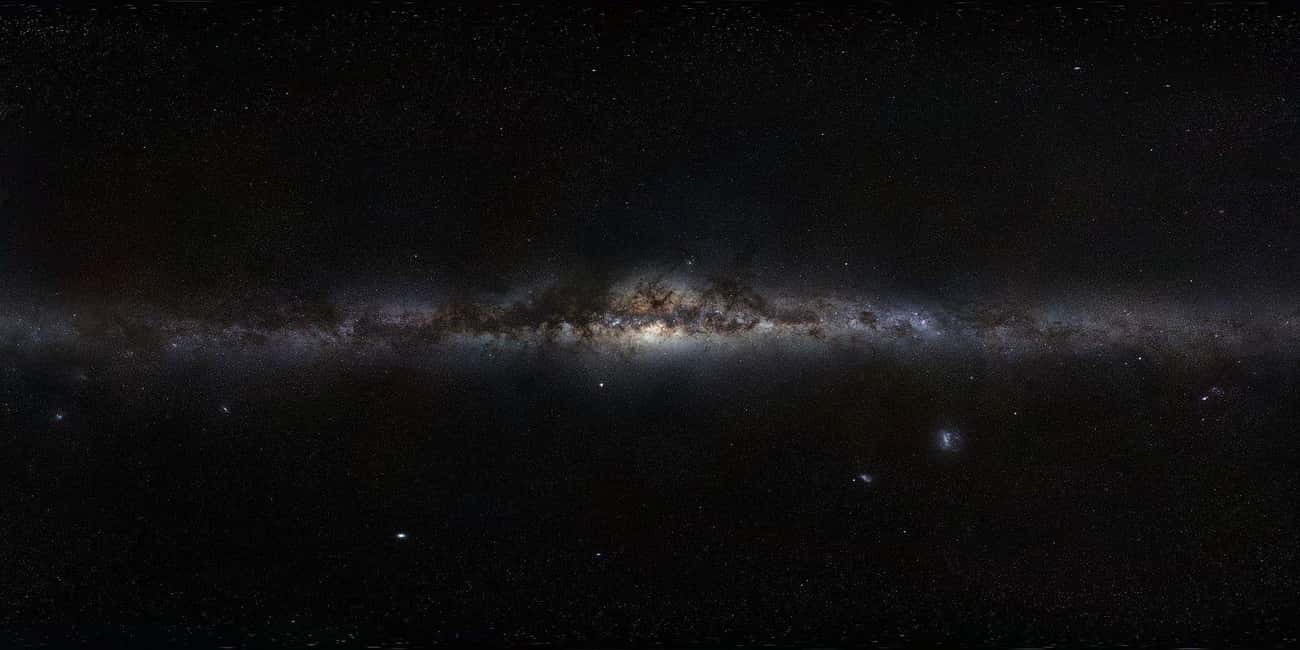
Did you know that space isn’t as quiet as you might think? Even though there’s no air in space for sound waves to travel through like they do on Earth, there are still some sounds out there. These sounds are actually different kinds of waves that scientists can pick up using special instruments. They’re not like the sounds you hear on Earth, though – they’re more like radio signals or vibrations. So, while space might seem silent to us, it’s actually buzzing with all sorts of interesting noises that scientists are always listening to and trying to understand.
Even though we usually think of space as empty, some parts have enough dust to carry sound waves. Humans can’t hear these sounds, but in space, there might be things like the hum of a huge black hole, the Earth’s crust shifting, or the leftover noise from the universe getting bigger.
Space has a unique smell.
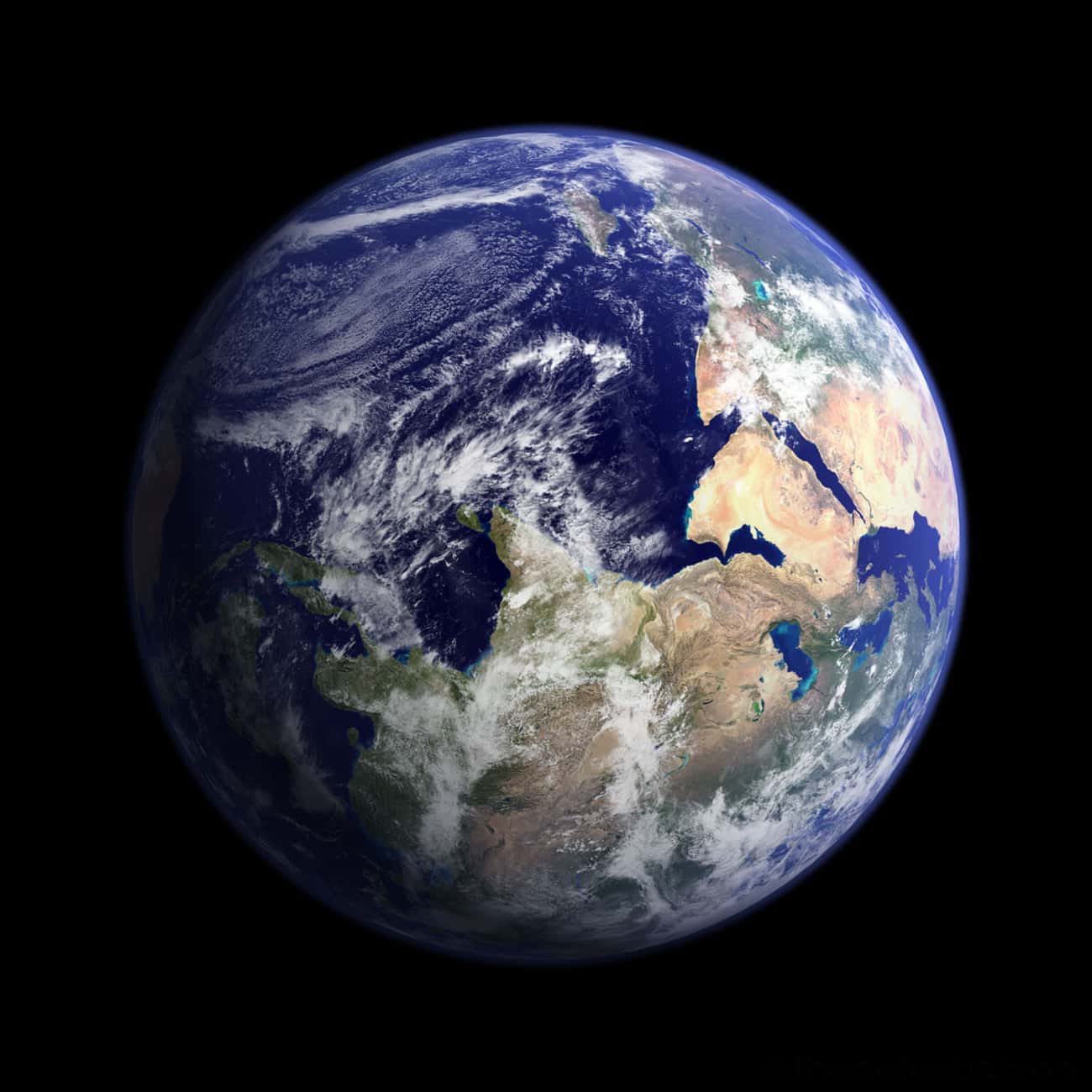
Did you know that space has its own special scent? It’s something astronauts notice when they come back from their space missions. They describe it as a mix of different smells, like burnt metal, gunpowder, and a hint of raspberries! But why does space smell like this? Well, when astronauts return to their spacecraft after a spacewalk, they bring back tiny particles of space dust and debris. These particles stick to their suits and equipment, and over time, they give off this unique smell when brought back into the spacecraft’s airlock.
The reason why space smells the way it does is still a bit of a mystery to scientists. Some say it’s because of the ionization of space dust, while others think it might be due to the chemical reactions happening on the surface of astronauts’ suits. Whatever the cause, the fact remains that space has a distinct odor that astronauts can detect when they return from their adventures beyond Earth’s atmosphere. It’s just one of the many fascinating quirks of exploring the cosmos!
Upon returning from space, astronauts typically bring with them a unique and distinctive smell. People who have experienced this scent often describe it as “sulfurous,” comparing it to the aromas of gunpowder, seared steak, hot metal, and welding fumes.
The Universe Cools As It Expands
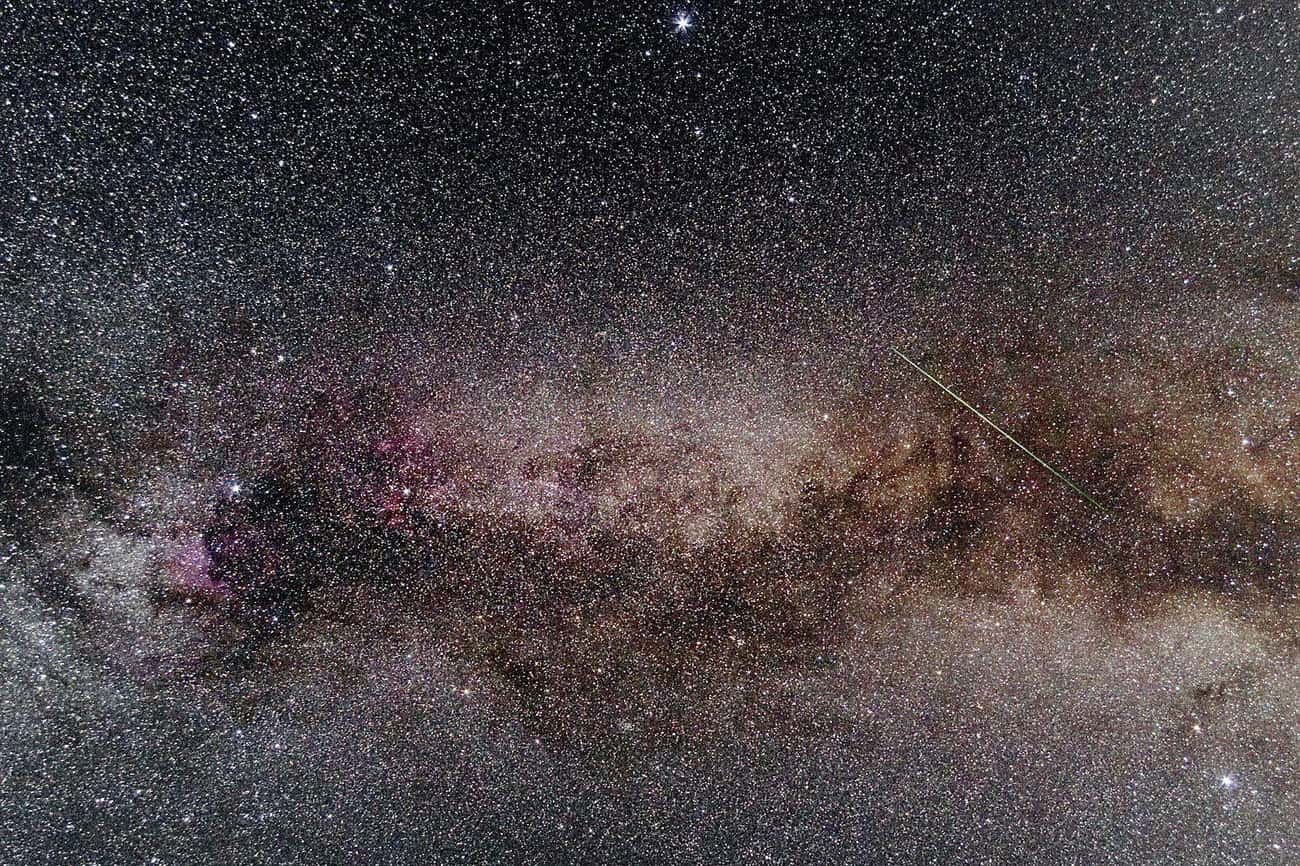
As the universe stretches and grows larger, it also cools down. It’s like when you blow up a balloon – as it gets bigger, it feels cooler to the touch. This cooling phenomenon happens because as the universe expands, the energy in it becomes more spread out. Just like when you spread out a blanket, it feels cooler because the heat is more evenly distributed. This cooling process is one of the key features of how our universe evolves over time, and scientists study it to understand more about the history and future of the cosmos.
In 2013, astronomers utilized molecules in a gas cloud from a distant galaxy to accurately measure the rate at which the universe is cooling. Using the CSIRO Australia Telescope Compact Array, an international team of researchers created a “fingerprint” of the universe’s cooling behavior. Their findings revealed that when the universe was halfway to its present age, it had a temperature of –267.92, which is 2.35 degrees warmer than the current temperature of –270.27.
Free-Floating Planets May Outnumber The Stars
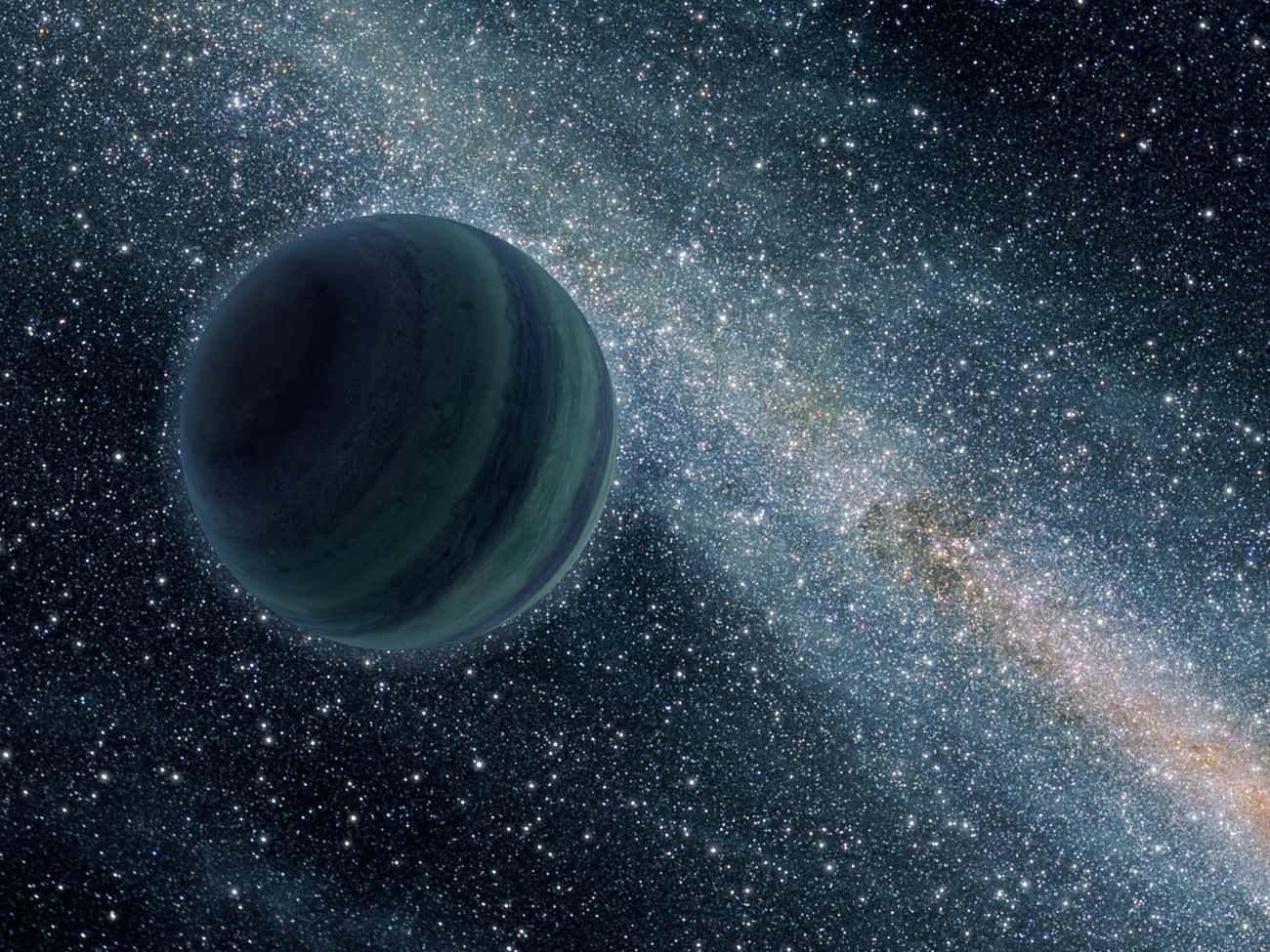
It’s mind-boggling to think that there might be more free-floating planets out there in space than actual stars! These planets, also known as rogue planets, are like cosmic wanderers, drifting through the vastness of space without being tethered to any star. While stars are like the guiding lights of the universe, providing warmth and light to their planets, these rogue planets roam freely, untethered and alone. Scientists believe that there could be billions or even trillions of these nomadic worlds scattered throughout our galaxy and beyond.
The existence of so many free-floating planets challenges our traditional understanding of how planetary systems form and evolve. While we’re used to thinking of planets orbiting around stars in neat, organized systems, the discovery of these rogue worlds suggests that there’s a whole other population of planets out there living a solitary existence. Studying these free-floating planets could provide valuable insights into the dynamics of planetary formation and the diversity of planetary systems in the universe. It’s a fascinating glimpse into the vast complexity of the cosmos, where even the stars themselves might be outnumbered by their wandering offspring.
In 2011, astronomers identified several Jupiter-sized planets drifting independently without orbiting any star. The researchers suggested that these rogue planets were likely expelled from distant developing planetary systems. They estimated that the number of such free-floating planets might be twice as many as the total number of stars. Additionally, there could be even more numerous free-floating planets smaller than Jupiter and Saturn, as their lower mass makes it easier for them to be ejected from their respective systems.
Water Can Start Fires In Space
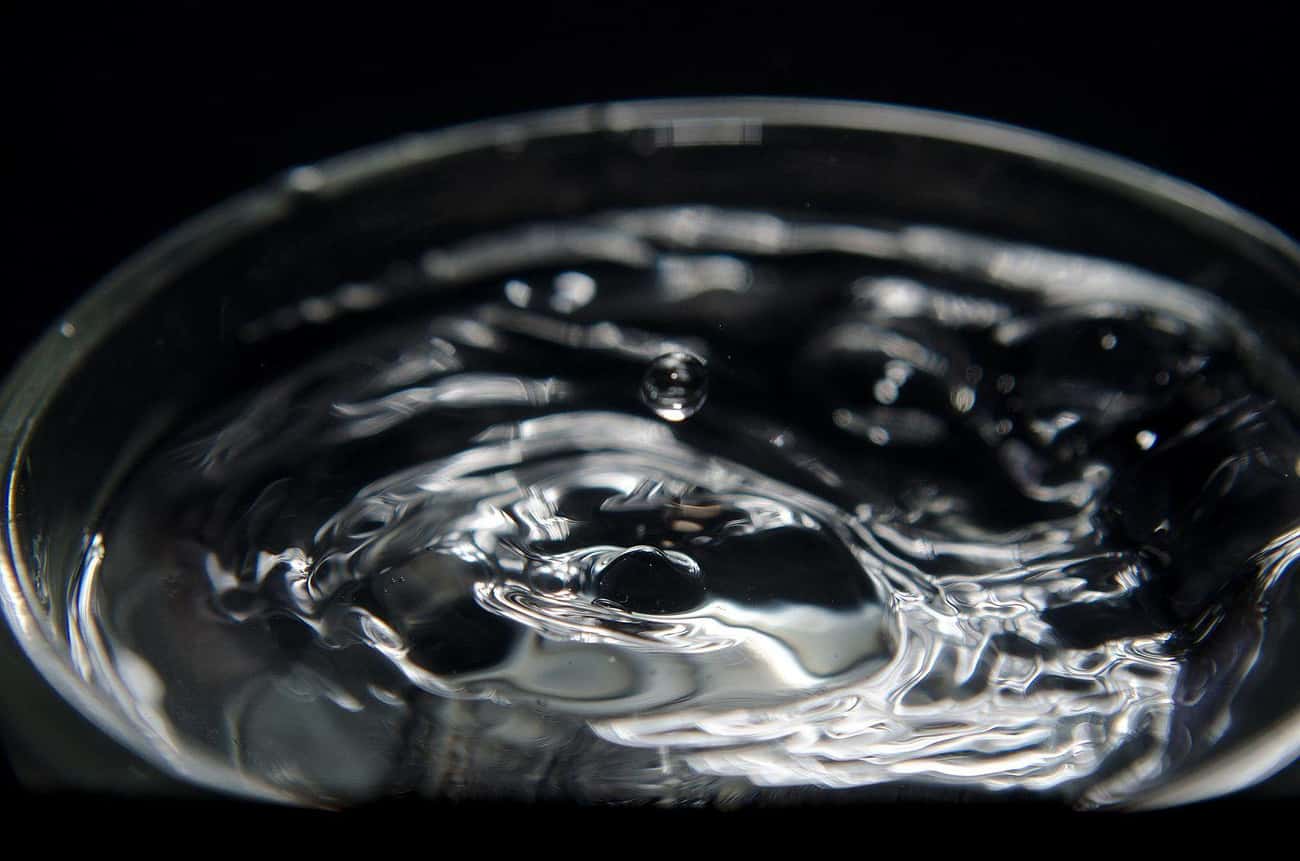
It might sound strange, but water can actually start fires in space! In the microgravity environment of space, water behaves differently than it does on Earth. When astronauts squirt water out of a bottle, for example, it forms into floating blobs instead of flowing down like it does on Earth. Now, if you shine a light on one of these floating water blobs, it can act like a magnifying glass, focusing the light into a tiny, super-hot spot. And guess what happens next? That spot can get so hot that it actually ignites whatever is nearby, causing a fire!
This phenomenon, known as “flame balls” or “flame spheres,” is something that scientists study to understand more about fire behavior in space. It’s pretty fascinating to think that something as essential as water could have such unexpected effects in the unique environment of space. So, while water might be great for putting out fires here on Earth, in space, it can actually help start them!
In 2014, scientists conducted experiments with “supercritical” water, a state achieved by compressing water to a pressure of 217 atmospheres and heating it beyond 373 degrees Celsius. When combined with organic material, it forms a liquid-like gas that produces a burning effect, but without an actual flame.
Supercritical water is frequently utilized by astronauts as a method to dispose of waste in space.
The existence of extraterrestrials is mysterious and unlikely.
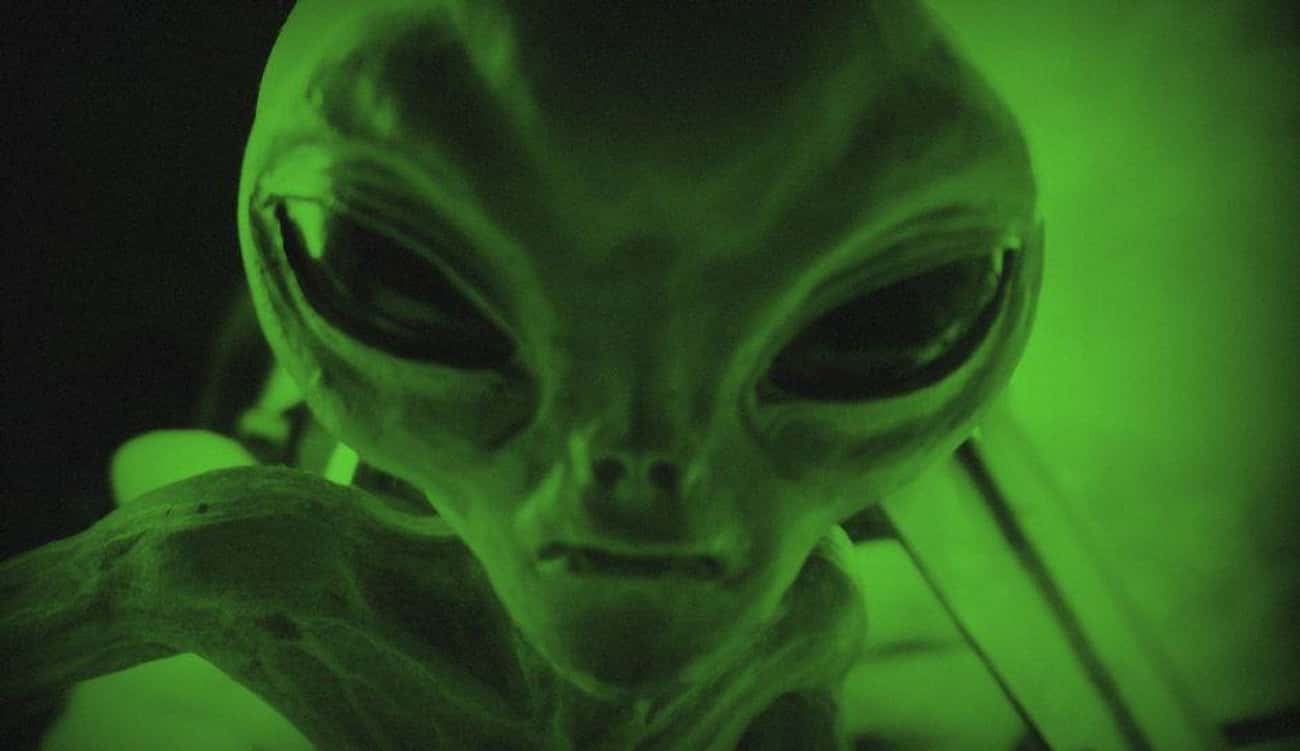
Finding aliens sounds like a cool idea, but it’s pretty mysterious and unlikely. Even though space is huge and there are lots of planets out there, we haven’t found any signs of aliens yet. Scientists have been looking by listening for signals or checking out other planets, but no luck so far. We’re still curious, though, and keep searching because it would be super exciting to find out we’re not alone in the universe.
The Fermi Paradox talks about how we expect to find or hear from aliens, but we haven’t seen enough proof of their existence. A 2018 paper by Anders Sandberg, Eric Drexler, and Toby Ord suggests that we might be the only intelligent beings in our galaxy and possibly even in the whole observable universe, but they don’t firmly say there are no aliens.
Galaxies Can Eat Each Other
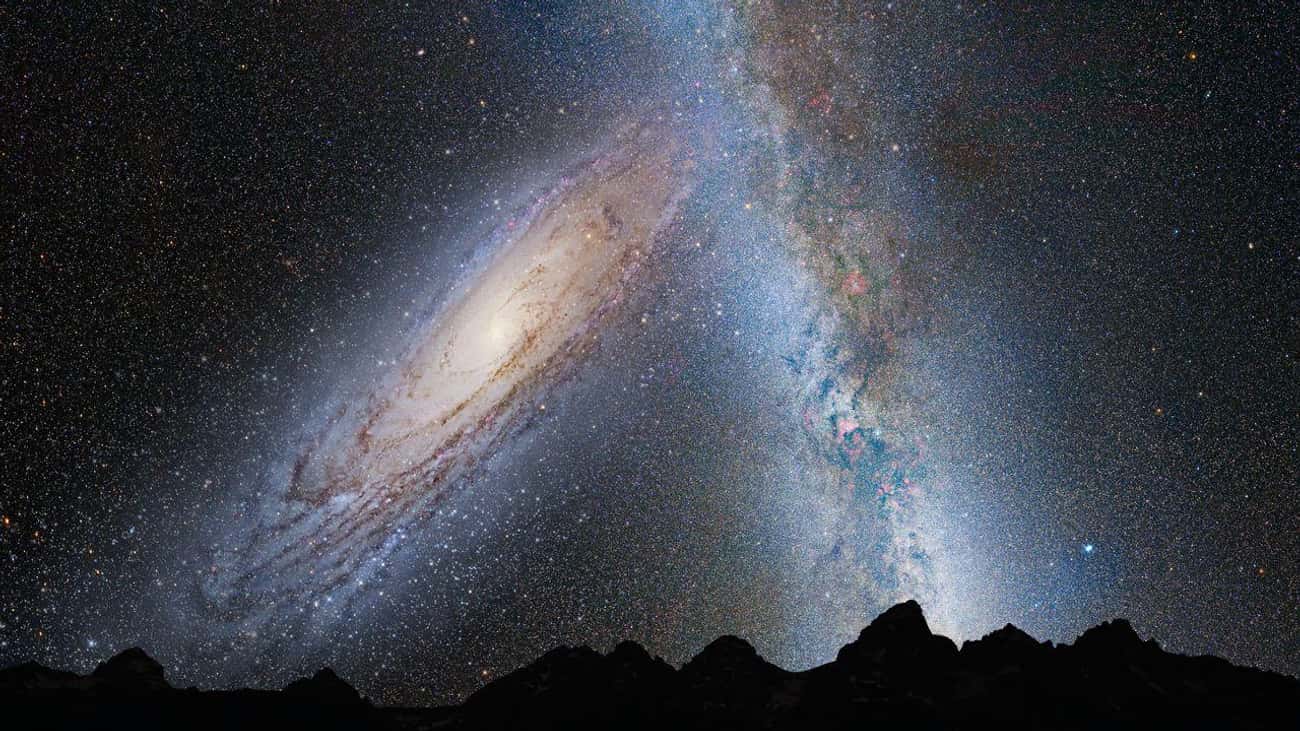
Imagine if galaxies could eat each other up like giant cosmic snacks – well, it’s not just imagination, it’s something that really happens in space! When galaxies come too close to each other, their powerful gravity pulls them together until they collide. It’s like a slow-motion crash happening among the stars. During these galactic encounters, stars, gas, and dust from each galaxy can get all mixed up together, creating a cosmic swirl of activity.
But it doesn’t stop there – sometimes, one galaxy can completely swallow up another! This process, known as galactic cannibalism, might sound strange, but it’s a natural part of how galaxies evolve over time. By studying these galactic mergers, astronomers can learn more about the history and future of the universe. They’ve even seen examples of galaxies in various stages of merging right here in our own cosmic neighborhood.
Galactic Cannibalism is like big galaxies eating smaller ones because of gravity, resulting in weird-shaped galaxies like the Whirlpool Galaxy or the Antennae Galaxies. It’s not the same as Galactic Collision, where galaxies bump into each other but don’t change their shapes.
Time On Earth Moves Faster Than Time In Space
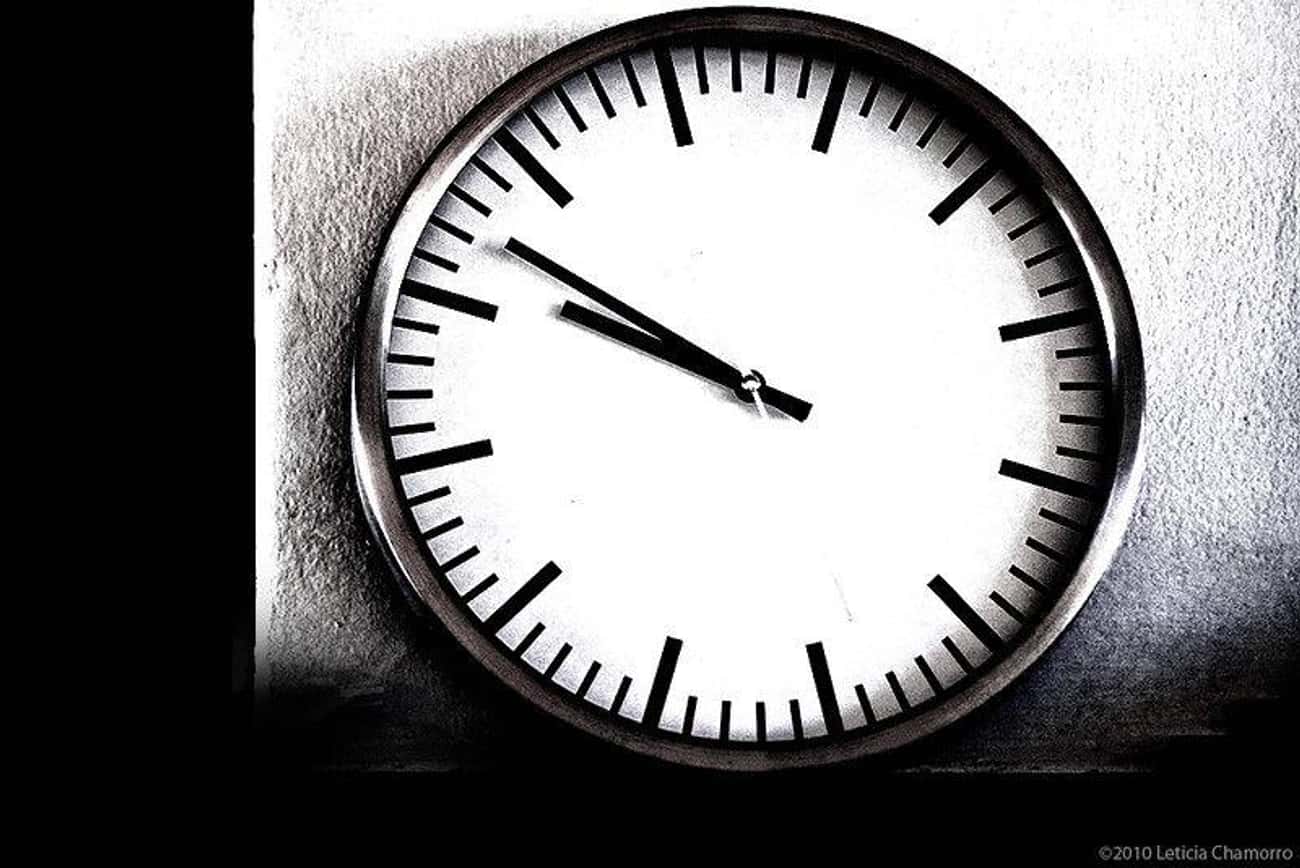
It’s pretty wild to think about, but time on Earth actually moves faster than time in space! This might sound like something out of a science fiction movie, but it’s a real phenomenon predicted by Einstein’s theory of relativity. You see, time isn’t constant everywhere in the universe. It can speed up or slow down depending on factors like gravity and velocity.
When you’re on Earth, where gravity is relatively strong compared to other places in space, time ticks by at a normal rate that we’re used to. But as you move away from Earth and into space, where gravity is weaker, time starts to pass a little differently. This means that if you were to spend some time orbiting the Earth in a spacecraft, you’d actually age just a tiny bit slower than someone back on the planet!
This might sound like something straight out of a sci-fi movie, but it’s a real phenomenon that scientists have observed and tested. It’s one of the many mind-bending concepts of Einstein’s theory of relativity, and it reminds us that time is anything but constant in the vast expanse of the universe.
Tears Don’t Fall In Space
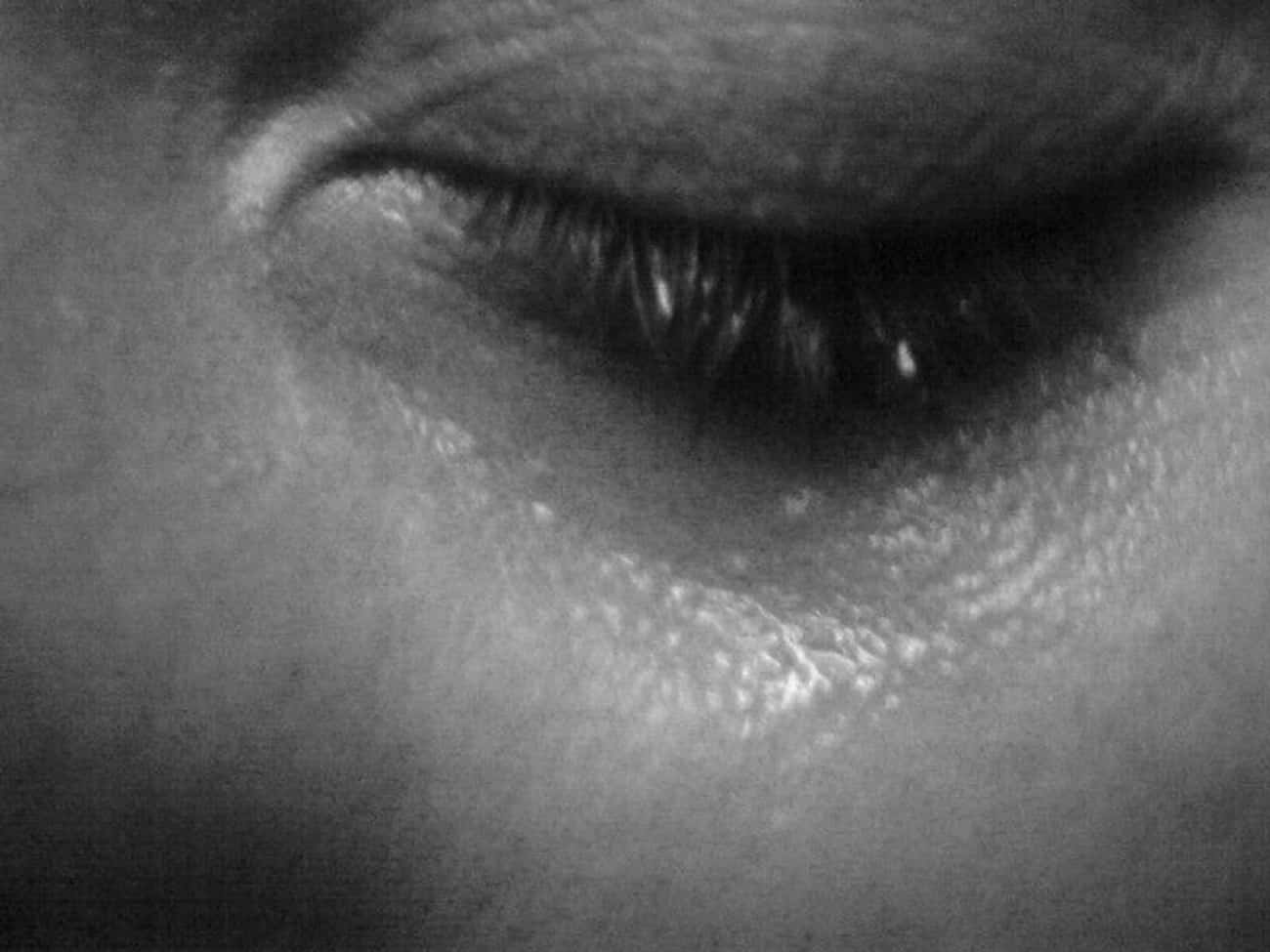
In space, tears don’t fall like they do on Earth. You see, on our planet, gravity pulls tears down our cheeks, making them fall. But in the weightlessness of space, there’s no gravity to pull tears downward. Instead, tears form into little floating spheres around the eyes. It’s a strange sight to imagine, but astronauts have described seeing tears gather around their eyes, almost like tiny water bubbles.
This might seem like a small detail, but it’s just one of the many ways that space travel can affect the human body. Without gravity, our bodies behave differently, and everyday things like crying can take on a whole new look. So, while tears might not fall in space, the emotions behind them are just as real – whether it’s tears of joy, sadness, or awe at the incredible sights of the cosmos.




